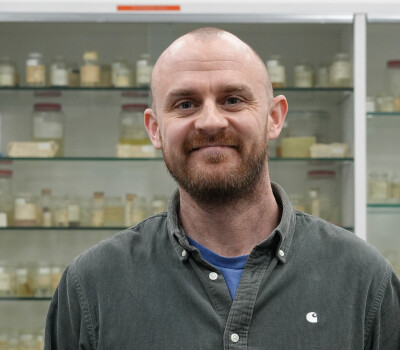"The more women in science, the better"

Each year on 11 February, attention is drawn to the crucial role of girls and women in science. Today, only 30 percent of scientists and 35 percent of students in scientific studies worldwide are women. Women publish less scientific papers, are paid less for their research and make less progress in their careers. Girls and women often think that they are not smart enough for a scientific profession, or that boys and men have a natural affinity for science. Ilse Kint, doctor at the HIV Reference Centre of the Institute of Tropical Medicine (ITM) and member of the ITM working group on Gender & Diversity, sheds light on the importance of women in science.
"If you ask a group of children to draw a professor, the majority will draw a white man with a beard wearing a lab coat. That's the reality. For example, if that same group of children has seen a film in which a female professor plays an important part, all those drawings will probably look completely different next time they are asked to draw a professor. Role models show others the possibilities and encourage them to grow. It is therefore extremely important that girls and women see that there is also a place for women in scientific professions. The more stories about women in science, the better."
"Scientific research shows that women are less likely to go after something. This is certainly also the case in a work environment. A woman with ambition will quickly get dirty looks in the workplace. They get the reputation of being too bossy. Although the gender ratio at ITM is more or less equally divided, there are fewer women than men working at a high level. We must therefore ensure that our female employees are motivated to try getting a promotion anyway. It's okay to step up, to take control and to be proud of your accomplishments.”
"When you make a plea to hire more women, you often get the counter-argument that you have to choose the most competent candidate. But what is the definition of competence and who uses that definition? Too often, women in science are considered to be the less competent candidate. When you then see that the vast majority of the selection committees are men, it is of course no surprise that fewer women are hired. It’s human to choose someone who looks like you and who you feel comfortable with. Although we think we are objective, a lot of things are not neutral to start with. It's important that we're aware of that."
Spread the word! Share this story on









